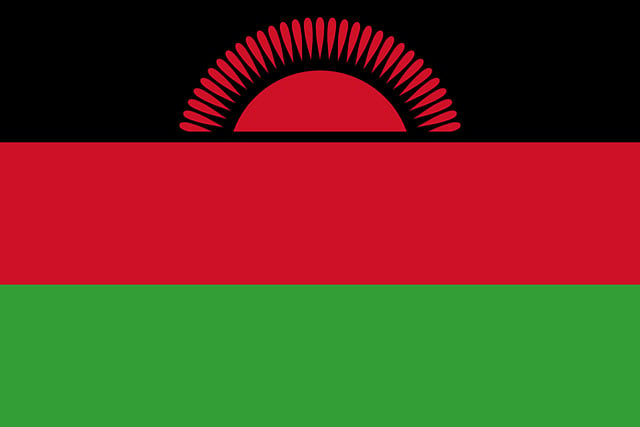Malawi’s Non-Governmental Organizations Bill
Significant Challenges Remain in the 2020 Revision
PUBLISHED: MARCH 2021
In 2018, non-governmental organizations (NGOs) in Malawi successfully obtained a court injunction restraining Parliament from considering a previous draft Non-Governmental Organization (Amendment) Bill for being inconsistent with human rights standards. This paved the way for consultation between the government and civil society on a new regulatory framework. While positive developments have been made, the 2020 Amendment Bill still contains problematic provisions that could pose challenges to the ability of NGOs and citizens to exercise their fundamental freedoms.
The Amendment Bill has some positive aspects, such as the elimination of mandatory membership to the Council of NGOs of Malawi (CONGOMA), which is currently required for NGOs to register. This will ensure simple and efficient registration procedures for NGOs. The Bill also provides for a diverse composition of the Authority – the oversight body that will include state actors and civil society representatives, to oversee NGO operations in Malawi. Furthermore, it maintains a formal role for civil society in shaping the composition of the Authority by allowing it to nominate two representatives to the Board.
However, the Amendment Bill also raises key concerns, as detailed below.
Ambiguous definition of NGO:
The Bill only refers to organizations constituted for “public benefit,” which creates a risk of excluding non-Public Benefit Organizations or Mutual Benefit Organizations such as clubs, federations, advocacy groups, or research institutions. In effect, these organizations would not be able to operate legally if they cannot register under this law.
The Amendment Bill also retains mandatory registration
This is a violation of Article 22 of the ICCPR, which prohibits mandatory registration of NGOs.
The Authority has excessive discretion to suspend, cancel, and revoke registration
International norms that protect the freedom of association allow for involuntary dissolution of organizations under very limited circumstances. However, the Bill includes broad provisions that allow for termination even in instances where an organization fails to comply with minor provisions of the Act.
Vague provisions for nominating the Authority’s board members
The Amendment Bill does not outline the nomination process or specify who can nominate civil society representatives to the board. This gives wide discretion to authorities to choose which bodies can participate, which undermines the board’s independence.
Elimination of the CONGOMA General Assembly of NGOs
This would remove a critical accountability and transparency avenue. The existing General Assembly allows local organizations to scrutinize the work and resources of the current Board, promoting mutual accountability between the Board and the sector.
CONGOMA is granted broad powers to verify NGO documents and impose unrestricted measures
Under the new Bill, the Authority can review information submitted by organizations and “impose any measures it deems fit when the Authority believes that an NGO fails or refuses to comply,” with document verification processes. Under international law, independent bodies can examine an organization’s records, but not arbitrarily. Furthermore, these bodies must respect the principle of non-discrimination and the right to privacy.
Disproportionate criminal sanctions are imposed for contravention of the Act
Minimum fines for violating the Act have increased to as much as K10 million (approx. $12,000). The proposed fine is an excessive and disproportionate sanction for non-compliance and constitutes an impermissible restriction on the right to freedom of association.
The Amendment Bill does not remedy certain aspects of the current Act that are contrary to international law
For example, the intrusive disclosures and reporting requirements remain vague and onerous. This constitutes an impermissible restriction under international law.
ICNL will continue to monitor legal developments around the NGO Amendment Bill in Malawi and stands ready to assist civil society in responding to these developments. For more information, please contact africa@icnl.org.
Last Updated: March 18, 2021
Sign up for our newsletters
Sign up
